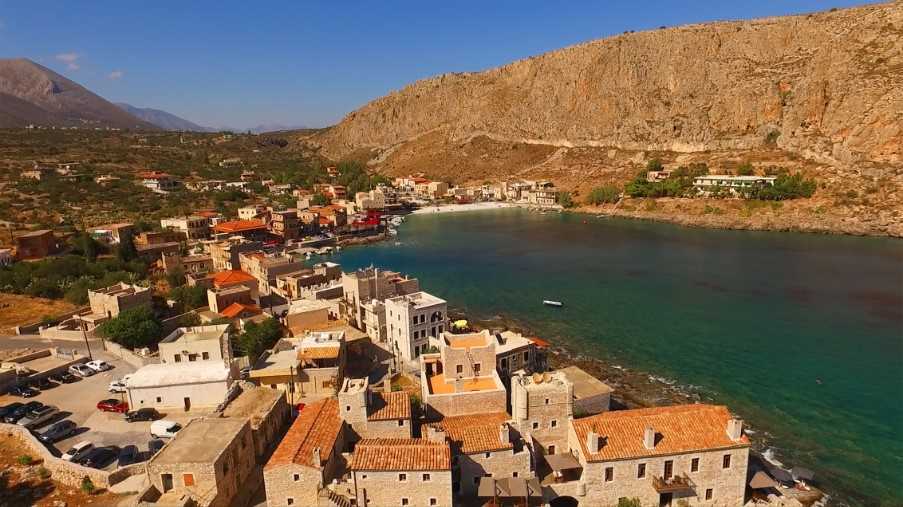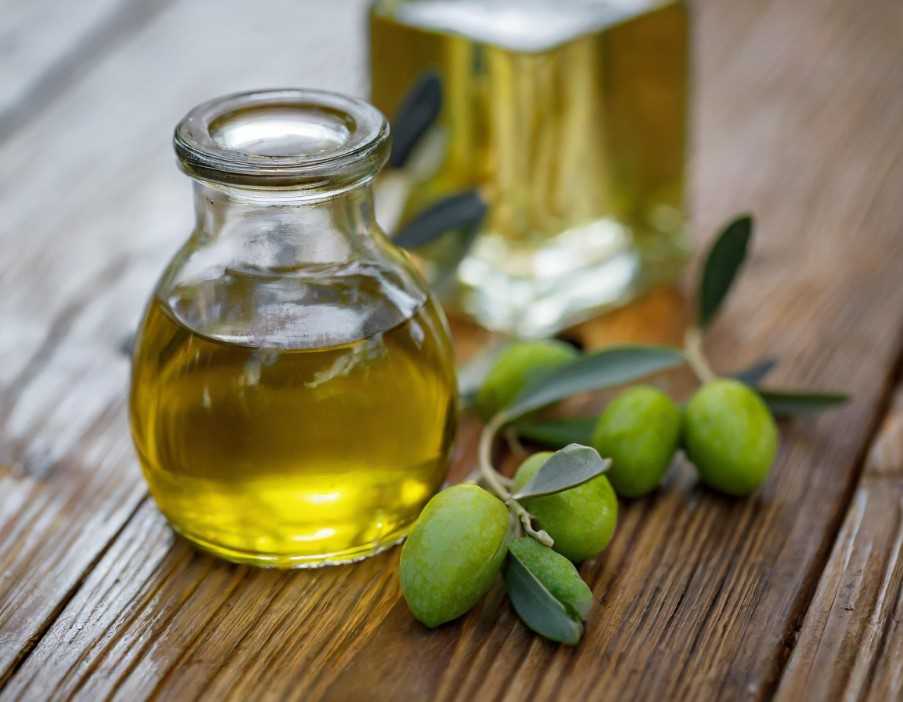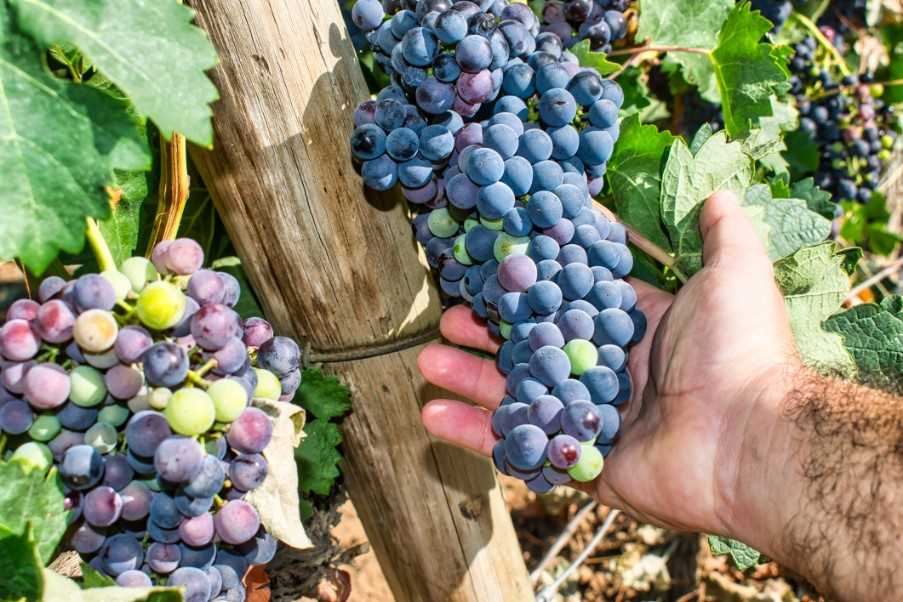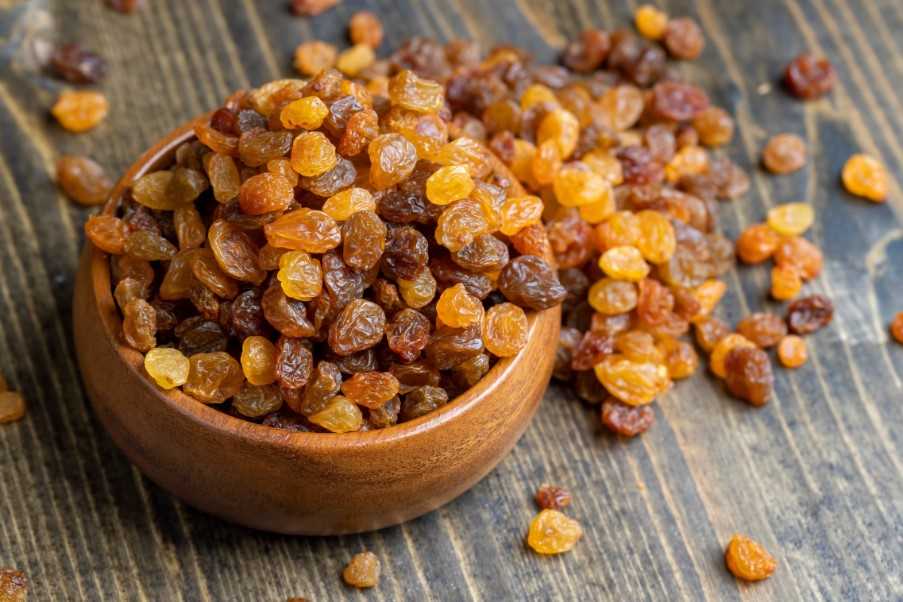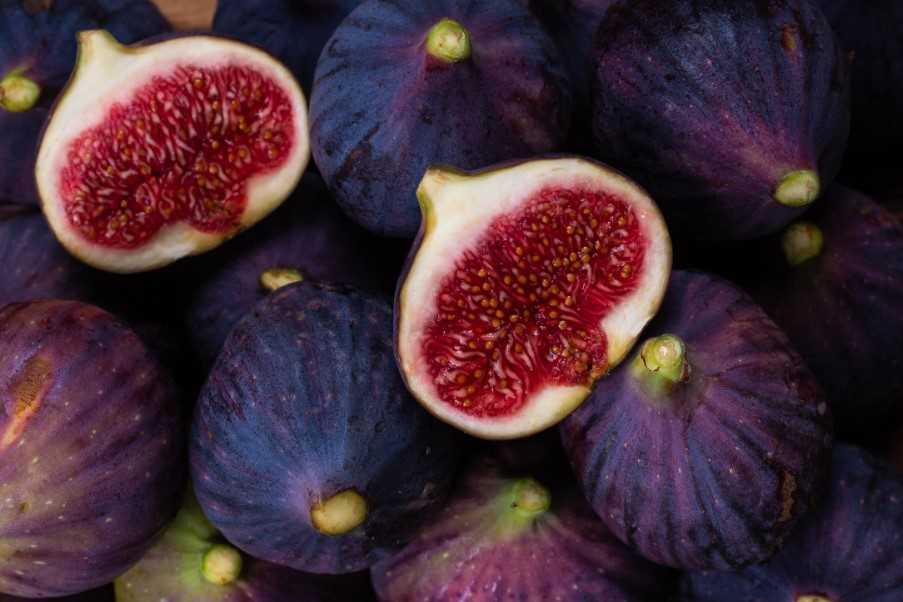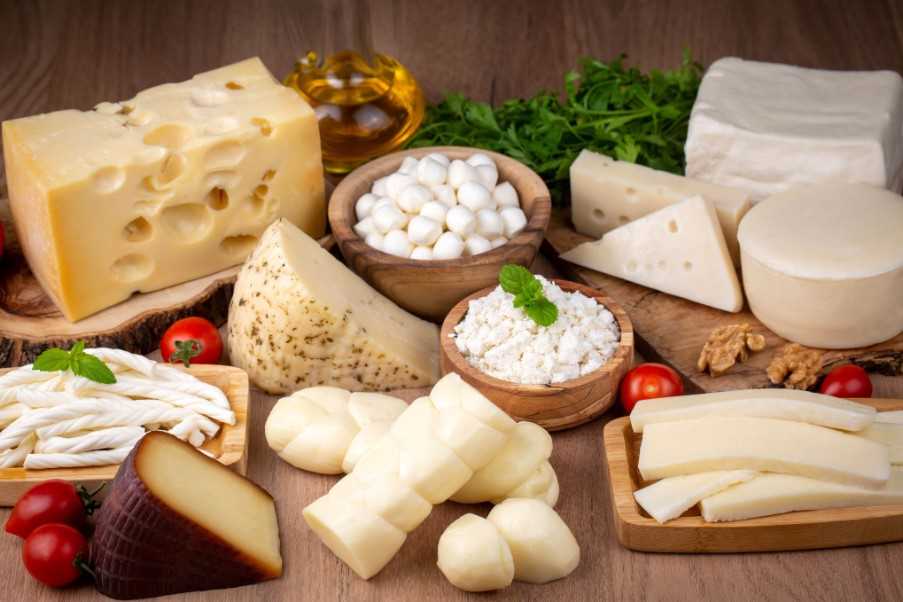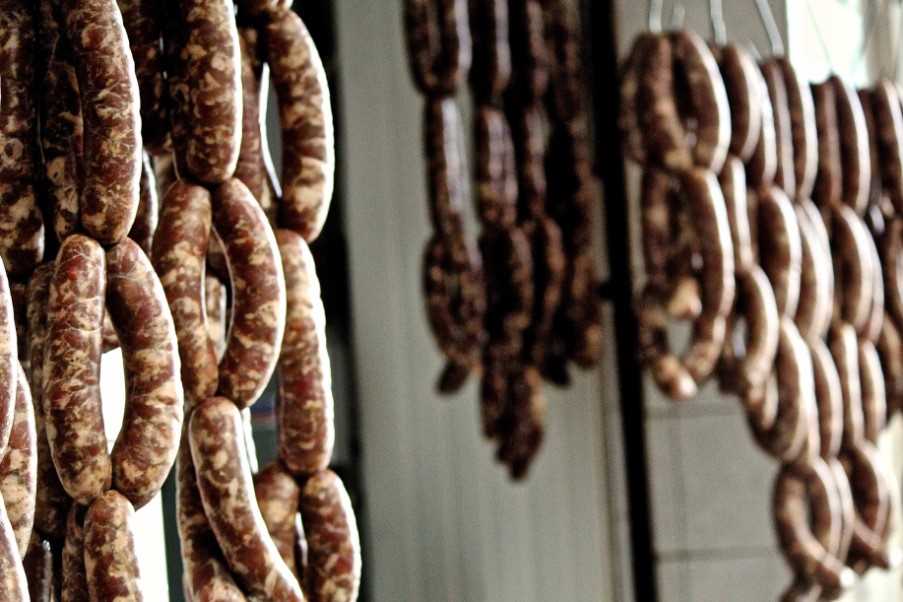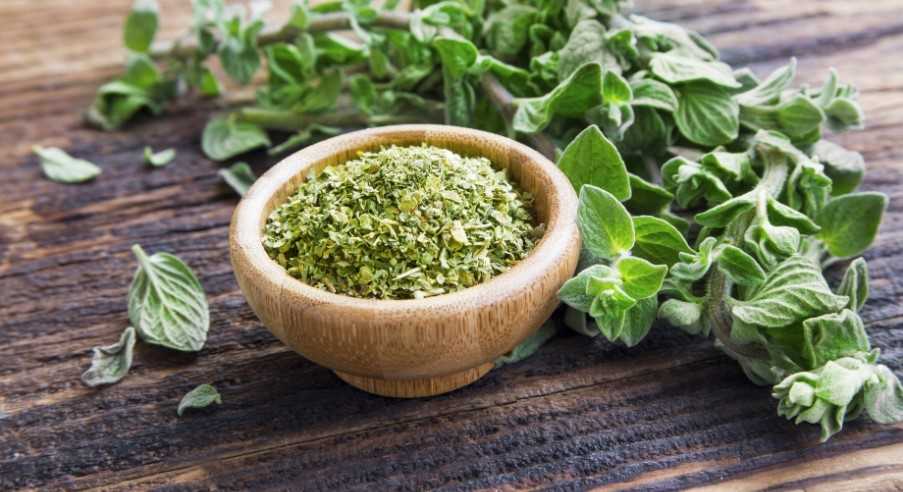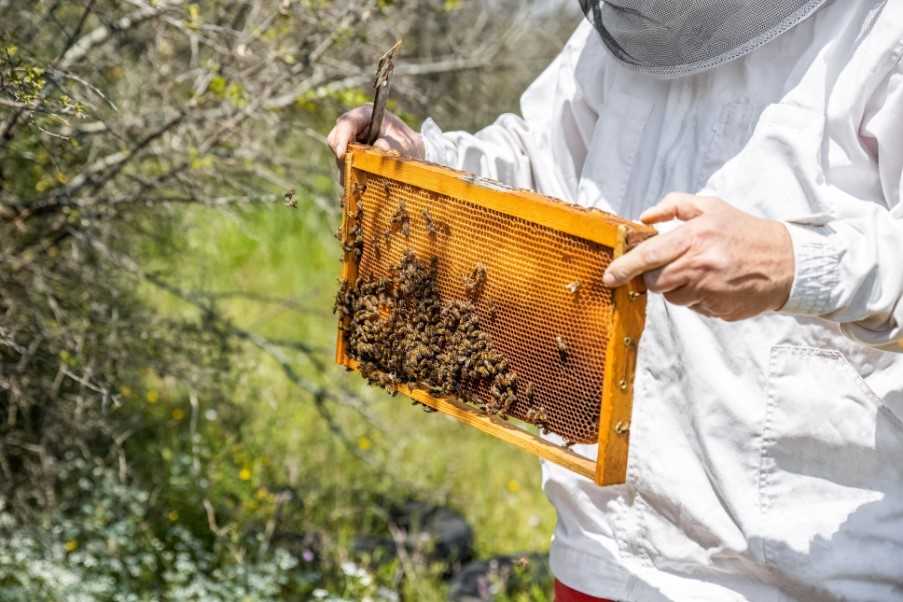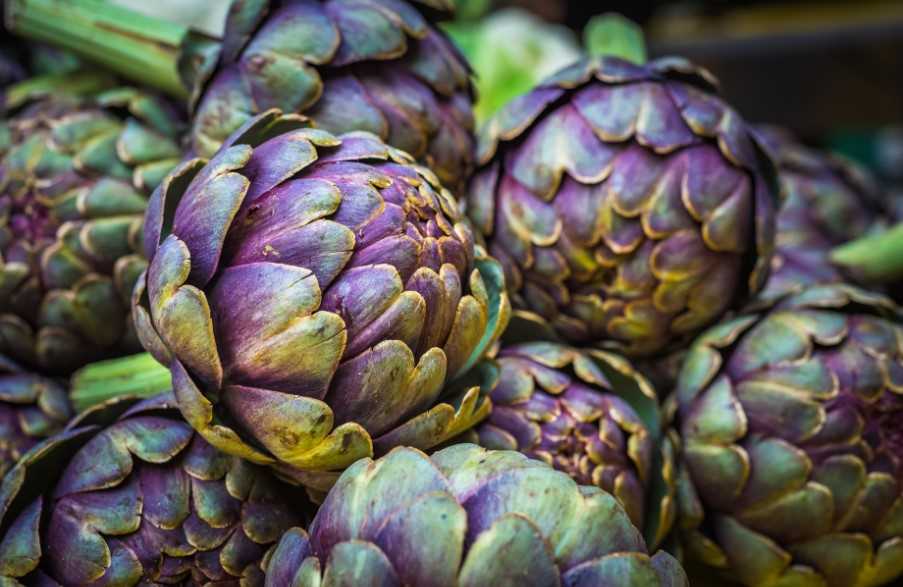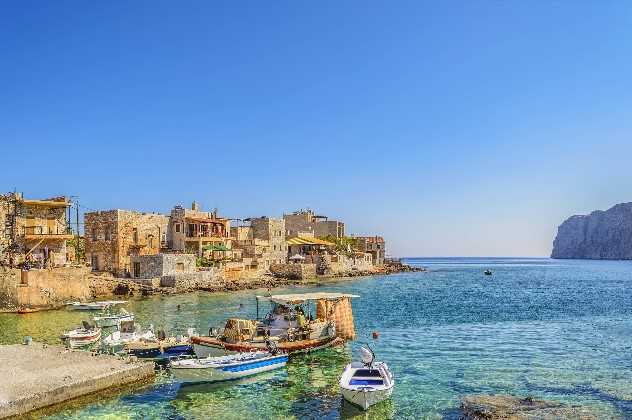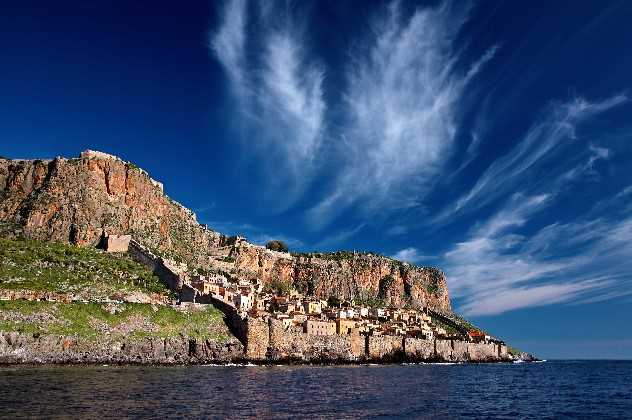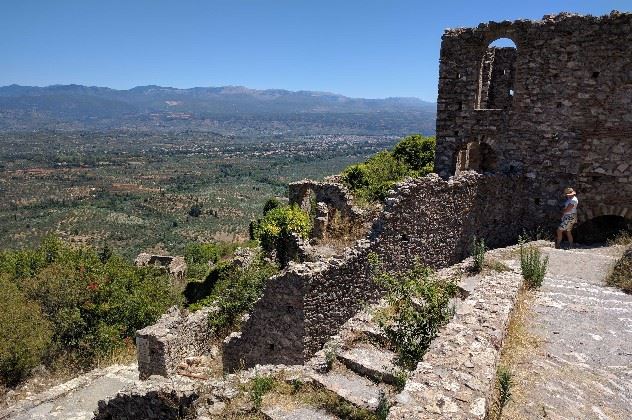Sweets and preserves
Honey
The honey of Mount Taygetos is a remarkable product, derived from bees that thrive on the diverse flora of Messinia. Among the most common varieties are fir honey and heather honey, but you will also encounter thyme, blossom, sage, and pine honey. This 100% natural sweetener is a staple in many local recipes, often used as a healthier alternative to sugar. Integral to the Messinian diet, it enhances the flavour of pies, and serves as a delightful spread on toast, crackers, bread, or rusk. Honey can also be elegantly drizzled over yoghurt, dried nuts, or sfela cheese, adding a touch of sweetness and complexity. A visit to Messinia would be incomplete without savouring diples—twisted pieces of dried dough enriched with honey and a sprinkle of ground cinnamon. This local delicacy showcases the region's culinary heritage and the versatile, delicious honey it produces.
Pasteli
Kalamata's famous Pasteli bars are a delightful testament to the simplicity and richness of traditional Greek cuisine. These bars are traditionally crafted with just two exceptional ingredients: high-quality local honey and sesame seeds, which combine to create a sweet, nutty, and nutritious treat. Variations of Pasteli can include almonds and mixed nuts, offering a delightful twist on the classic recipe. Available in both soft and crunchy textures, Pasteli bars are not only delicious but also a healthy snack, boasting more calcium than milk and serving as a fantastic source of quick energy. Whether enjoyed on their own or paired with yoghurt, these bars are a must-have. Don't forget to take a few bars home with you to savour a taste of Kalamata's culinary heritage.
Loukoumia
Kalamata loukoumia, a timeless dessert reminiscent of Turkish delight, offer a delightful culinary experience with their variety of flavours such as mastiha, ouzo, and rosewater. These soft, chewy confections are always generously dusted with a snowy layer of icing sugar, adding a touch of sweetness and a festive appearance. To truly savour the experience, pair these delectable treats with a cup of traditional Greek coffee, whether you prefer it plain or sweet. The rich, robust flavours of the coffee beautifully complement the delicate, aromatic notes of the loukoumia, creating a moment of pure indulgence and cultural immersion.
Preserves and jams
In Messinia the bounty of local fruit and vegetables is not limited to fresh consumption. Instead, these agricultural treasures are often preserved in the form of delectable jams and spoon sweets, ensuring their flavours can be enjoyed throughout the year. Jams from Messinia capture the essence of strawberries, figs, prickly pears, and even green olives, presenting a unique twist on this traditional preserve. Spoon sweets, a customary gift to visitors, are equally diverse and delightful, made from ingredients as varied as prunes, sour cherries, carrots, and Arabic peanuts. These sweet treats not only serve as a delicious way to enjoy the region's produce, but they also carry the warmth and hospitality of Messinian culture, making every bite a taste of tradition and community.
Arabic peanuts
Arabic peanuts, also known as Arachida, are cultivated in the Bournias area of Kalamata and are celebrated for their high content of 'good fat', making them a nutritious addition to any diet. These versatile peanuts can be enjoyed in various forms: shelled, where only the seeds are consumed; whole, eaten with the shell; or pureed into a creamy peanut butter that offers a delightful twist on the familiar spread. Additionally, Arabic peanuts are available as an oil, perfect for cooking or drizzling over salads. Whether eaten as a snack on their own or paired with fruits and dried figs, these peanuts provide a delicious and healthy way to enjoy their numerous benefits.


